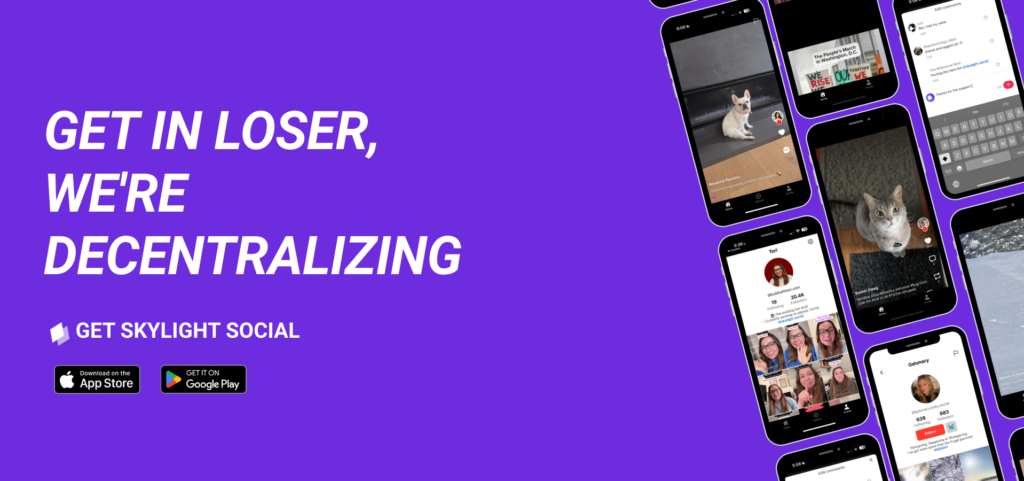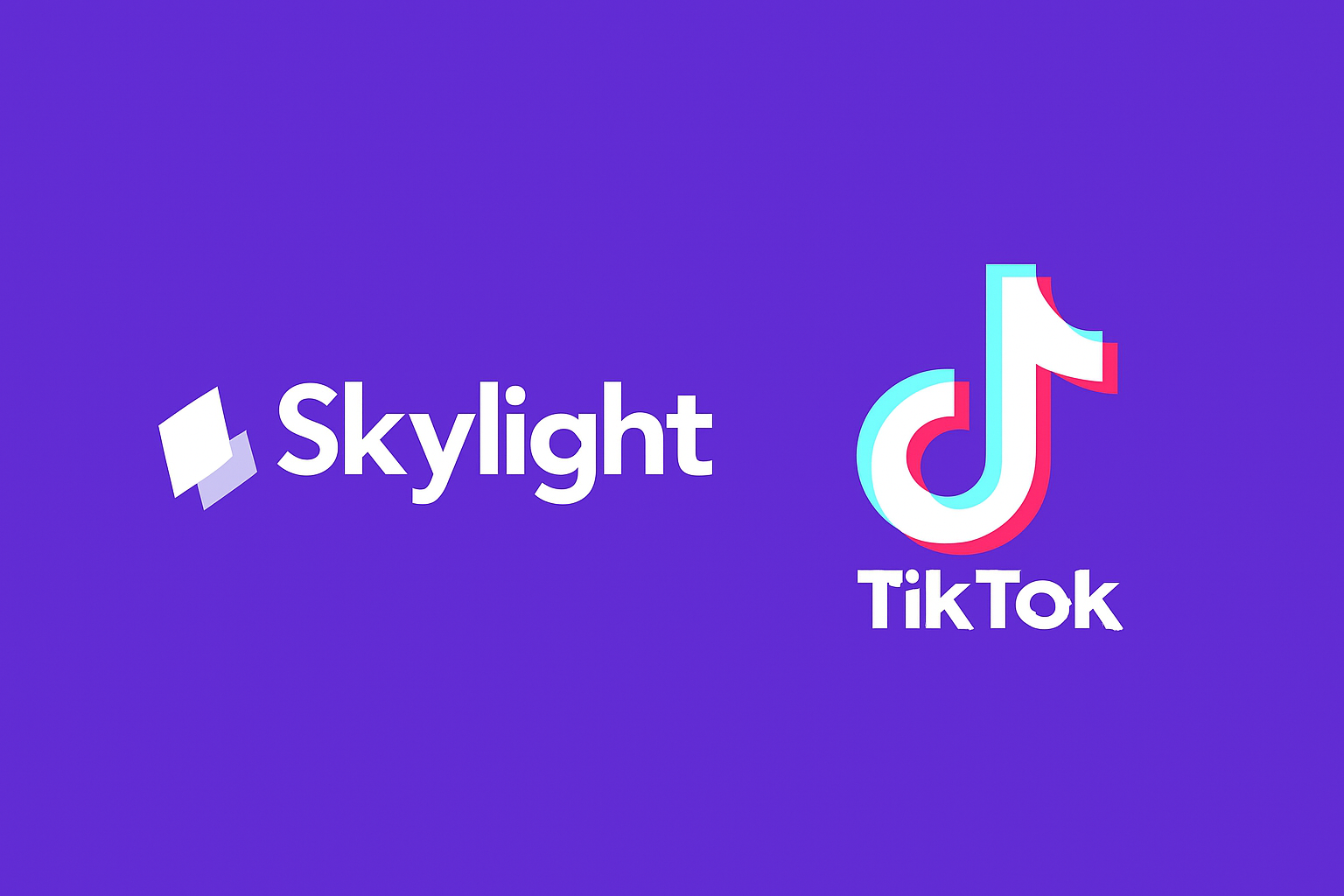With the growing concerns surrounding privacy, censorship, and the constant fear of bans, social media users have begun to seek alternatives that offer more freedom, flexibility, and control over their content.
Short-form video has become the heartbeat of social media. Platforms like Instagram Reels, YouTube Shorts, and TikTok have reshaped how we consume and create content, turning bite-sized videos into powerful tools for expression, entertainment, and influence. This format is a defining feature of how people engage online today, especially among younger audiences.
But as these platforms grow, so do the concerns around data privacy, algorithmic manipulation, and centralized control. TikTok, despite its global popularity, is under increasing regulatory pressure, particularly in the U.S., where talks of a potential ban continue to loom. Instagram and YouTube, owned by Meta and Google respectively, are no strangers to criticism either, both are known for extracting massive amounts of user data and tightly locking creators into their ecosystems.
Against this backdrop of growing skepticism, a new player has quietly entered the game: Skylight.
Built for the short-form video era but on an open, decentralized foundation; Skylight is positioning itself as more than just another TikTok clone. It’s a platform that gives users real ownership of their content and social connections, thanks to its foundation on the AT Protocol, the same open-source tech powering platforms like Bluesky.
So, is Skylight the TikTok alternative we’ve been waiting for? Let’s take a closer look.
A New Era of Social Media: Freedom, Control, and Flexibility
Skylight isn’t just another TikTok knock-off. It’s built on a foundation that aims to give users true ownership of their content and social connections. Unlike platforms like TikTok or Instagram, where your content, followers, and engagement are locked into their ecosystem, Skylight runs on the AT Protocol, an open-source technology that syncs your content across multiple services.
This means your followers, content, and connections aren’t bound to a single platform. Switch to another ATProto platform, and all your hard-earned engagement comes with you. No surprise bans. No lock-in. Just full control over your digital presence.
What Is the AT Protocol?
The AT Protocol (Authenticated Transfer Protocol) is a game-changing technology that’s powering the next generation of social networks, including Bluesky, a popular decentralized alternative to Twitter. AT Protocol is designed for total user control, enabling your content and connections to move seamlessly between different platforms. This innovation solves a major problem with traditional social media: the fear of being cut off from your own community.
Content creators are increasingly at the mercy of platform policies, sudden bans, algorithm changes, or account suspensions can wipe out years of work overnight. With Skylight, that’s no longer a concern. Your social life is decentralized, and your community travels with you wherever you go.

TikTok’s Growing Challenges and Skylight’s Opportunity
TikTok, the current reigning king of short-form videos, has dominated the social media landscape, but its future in some markets is uncertain. In the U.S., TikTok faces the looming threat of a ban due to security concerns, as the Chinese-owned app has come under scrutiny for its data practices. While a TikTok ban is currently on pause, it’s still a real possibility, something that many TikTok creators are watching closely.
For Tori White (CEO) and Reed Harmeyer (CTO) of Skylight, this concern was a major motivator in creating the platform. White, a former travel influencer, realized that when TikTok could be taken away, she could lose not only her videos but the community and comments that made her presence on the platform meaningful. That’s when they decided to take matters into their own hands, using the AT Protocol to build a more secure, open alternative.
Skylight: Powered by AT Protocol, Backed by Mark Cuban
Skylight isn’t just another ambitious startup trying to ride the short-form video wave, it’s got serious backing. Billionaire entrepreneur Mark Cuban is one of its early investors, signaling real confidence in Skylight’s potential to disrupt the space. Cuban, known for betting early on game-changing tech, publicly expressed interest in funding a TikTok alternative built on open, user-first infrastructure and Skylight fit the bill perfectly.
With Cuban’s support, Skylight has been able to launch with confidence, pushing its vision of a user-first social media platform. Cuban himself has made it clear that his investment in Skylight stems from a desire to create a platform where users aren’t exploited for their data, unlike traditional social media companies.

Skylight’s founders were determined to create a platform where users wouldn’t have to worry about being cut off from their own community. Skylight is a public-benefit corporation (PBC) meaning it’s legally committed to social impact, not just profit. The platform promises to prioritize user ownership and community over exploitation, a stark contrast to the business model of traditional social media giants.
The app launched just 10 weeks after development, with a pre-seed investment that has allowed Skylight to grow its user base quickly. The platform’s growth is fueled by the AT Protocol, which allows users to connect with Bluesky’s 34 million users and soon, other ATProto-based apps. This integration means that your videos and interactions on Skylight can also be seen and engaged with by users on Bluesky, and even other platforms using the same protocol.
Is Skylight Ready to Take on TikTok?
While it’s still early days for Skylight, its open architecture offers an attractive proposition. It’s built for freedom, user control, and cross-platform interoperability. With features familiar to TikTok users, such as short-form video editing, sharing, liking, and commenting, Skylight is aiming to replicate the best parts of the TikTok experience, but with ownership and flexibility at its core.
Skylight’s ability to seamlessly integrate with Bluesky and other AT Protocol apps means that your social presence is no longer confined to a single platform. If TikTok ever gets banned in the U.S., Skylight could offer a lifeline to creators who want to maintain their community and content in a free, decentralized environment.
As Skylight continues to grow, it will be fascinating to see how it evolves in comparison to other social platforms. Will it become the TikTok replacement people are searching for? Its foundation in the AT Protocol certainly sets it apart from the competition and positions it as a forward-thinking, user-centric platform. With heavy backing and a mission to serve its users and not exploit them, it could be the social media revolution we’ve all been waiting for.




